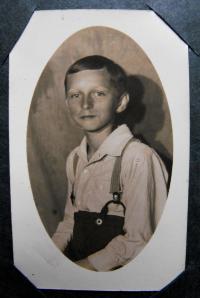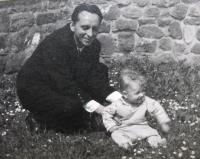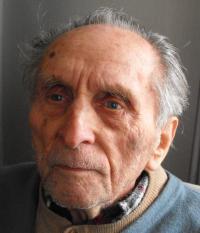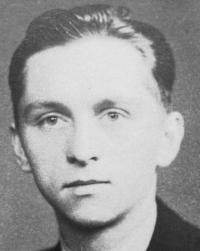I have walked through my life in a more peaceful way than others, on the edge of hell and with God’s help
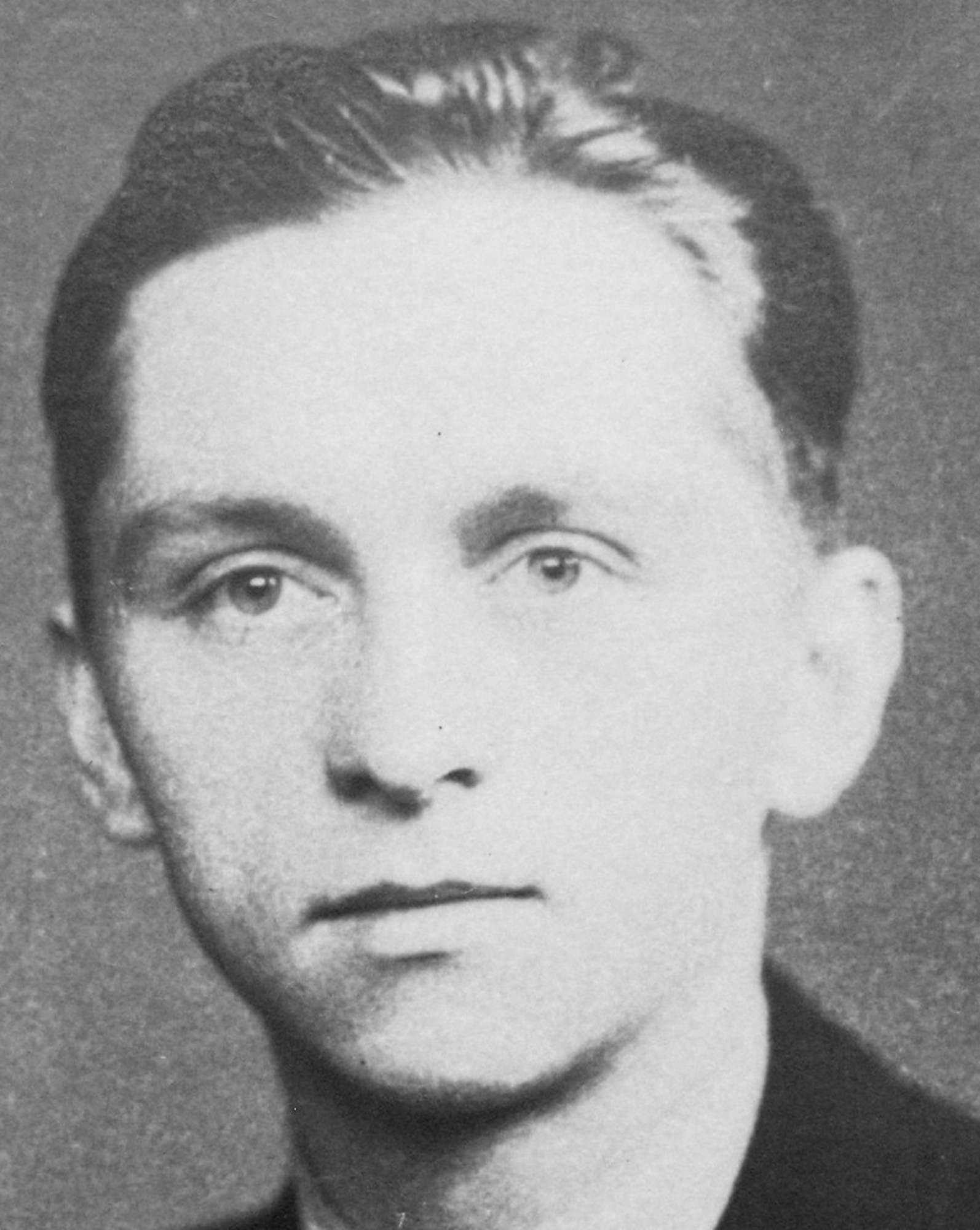
Download image
Josef Pokorný was born February 1, 1920 in Hořice. He grew up in the evangelical congregation of the Church of Brethren (Církev Bratrská) in Hradec Králové. After graduation from grammar school in Hradec Králové he devoted himself to work for the church in Kutná Hora. After the displacement of people from the border regions he was sent to Liberec, where a new congregation was being formed. In 1948 he decided to leave his work in the church and he returned to Hořice and began working in the factory Jesva. He spent the following thirty years working in this factory which produced welding machines. Throughout his whole life he has been in involved in the congregations of the Evangelical Church of Czech Brethren in Hořice and in the Church of Brethren in Hradec Králové. He served as a lay preacher. His life was not significantly affected by the persecution of the church.
